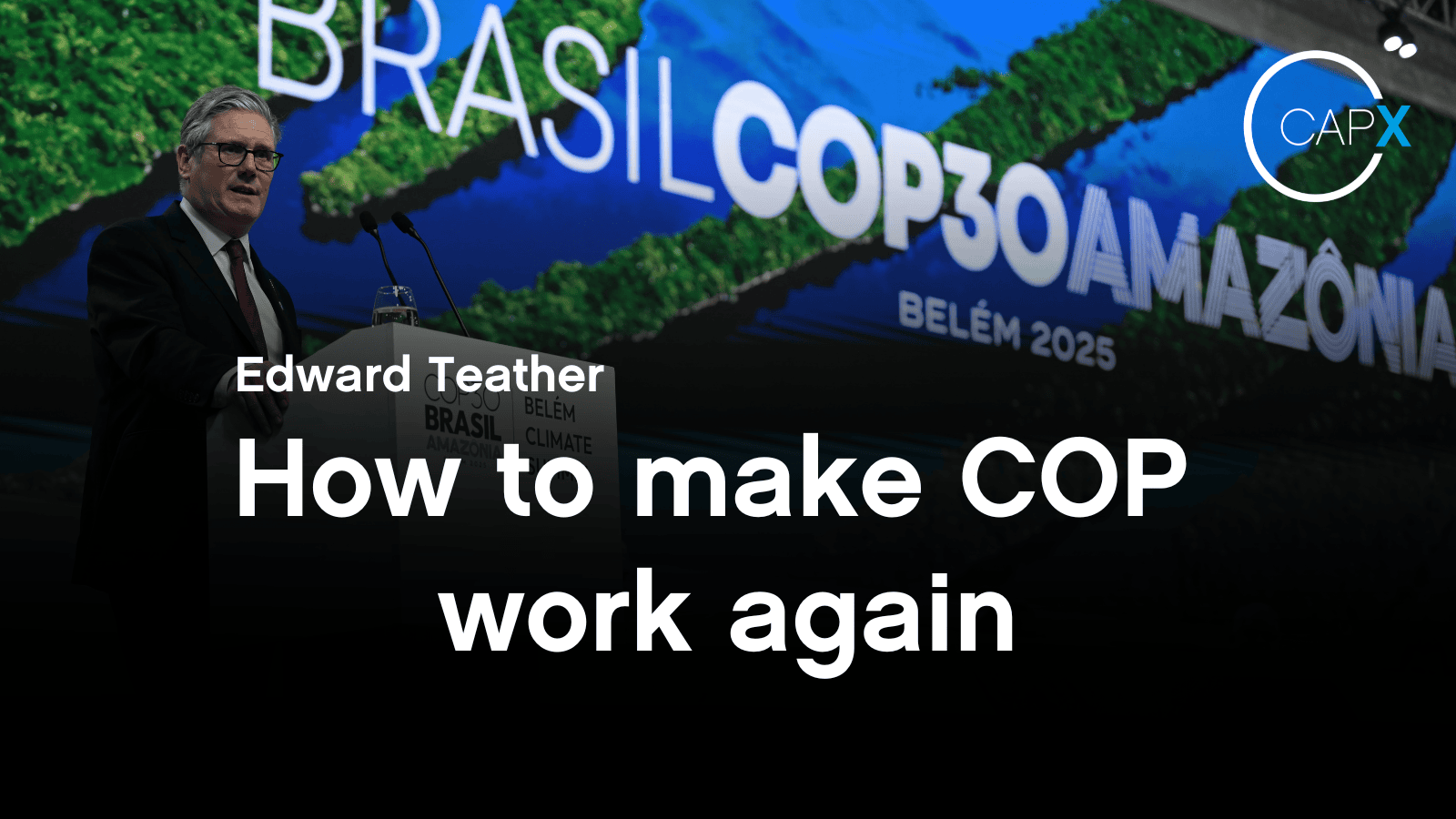This year’s United Nations climate change summit – COP30 – has begun in Brazil.
This COP is set against an uneasy backdrop. Last year was the hottest on record, as global temperatures exceeded 1.5 degrees. Despite this, many nations attending COP30 have yet to submit their net zero plans, and the US is not attending at all.
So, is COP really worth it?
This is the question on many commentators’ minds, but it ignores the significant achievements that COP has already made, and how it still remains the most effective tool for international climate action.
Today, we take for granted that carbon emissions cause global warming, but in the 1970s there was little consensus on climate change: scientists generally agreed it was happening, but disagreed on what caused it. This changed in 1990, when a UN scientific panel published a groundbreaking report concluding that greenhouse gases were increasing and the climate was warming.
Calls for greater international action grew, and in 1992, the UN Framework Convention on Climate Change was signed by 165 countries, establishing an annual ‘Conference of the Parties’, or COP. The ball rolled quickly, and in 1997, 192 countries signed the Kyoto Protocol, committing to reduce emissions.
But the crowning achievement of COPs was the Paris Climate Agreement of 2015. Some 194 countries agreed to work to keep global warming ‘well below’ 2 degrees, and within a few years, 90% of global GDP was covered by net zero targets, and major economies were reducing emissions.
Many might say ‘so what?’ – this is all words with no action. But in 1997, the world was on a trajectory to get 4 degrees warmer by the end of the 21st century. Because of actions taken at COPs, we are now looking at 2.6 degrees. This reduction in expected warming by 1.4 degrees is the single clearest proof that COP has worked so far.
Additionally, we shouldn’t forget the significant role the UK played when hosting COP in 2021. The deal on limiting deforestation signed by 140 countries in Glasgow at COP26 has been a success, not just in pledges, but in action: this year’s COP host – Brazil – has reduced deforestation by 50%.
But despite the successes of the past, there is now a feeling that the glory days of COP are gone. There is growing scepticism of the COP process both at home and abroad, spending on international climate finance is unpopular in an age of tightening purse strings and potential income tax rises in the UK; there are questions of corruption, and the US has pulled out of the Paris Agreement again.
But through all the doom and gloom, COP is far from dead, and continues to play a vital role in the fight against climate change.
But it is important that COP adapts to a changing world and remembers what has made it work for the last 30 years – its flexibility. The summit encourages change at a rate that countries can get behind. It recognises the problems of an approach that is too hard and too fast, and which threatens both government and voter buy-in.
And the principle of flexibility must not only be remembered, but screamed from the rooftops, actively advertised, at every COP.
The Paris Climate Agreement, COP’s greatest achievement, epitomises this. It doesn’t – and shouldn’t – force countries to go down particular policy routes, and that is where COP works best. Set the direction, but let countries determine their own approach and make their own decisions.
This freedom might not be what Just Stop Oil or other activist groups want, but COP strikes a balance between climate ambition and diplomatic reality that gets results.
If we are to have any hope of serious climate action, we have to come together and do what is possible.
COP isn’t perfect, but it is collaborative and more effective than nothing. And when it works, by giving countries the freedom to act, not bog it down in red tape, it exhibits the best of international cooperation.
So does COP work? Yes. Can it continue to work? 100%. But only if it ignores calls to bind governments’ hands and continues to prioritise global cooperation and flexibility, rather than becoming a stick to tell countries off and alienate voters.
– the best pieces from CapX and across the web.
CapX depends on the generosity of its readers. If you value what we do, please consider making a donation.
Columns are the author’s own opinion and do not necessarily reflect the views of CapX.
